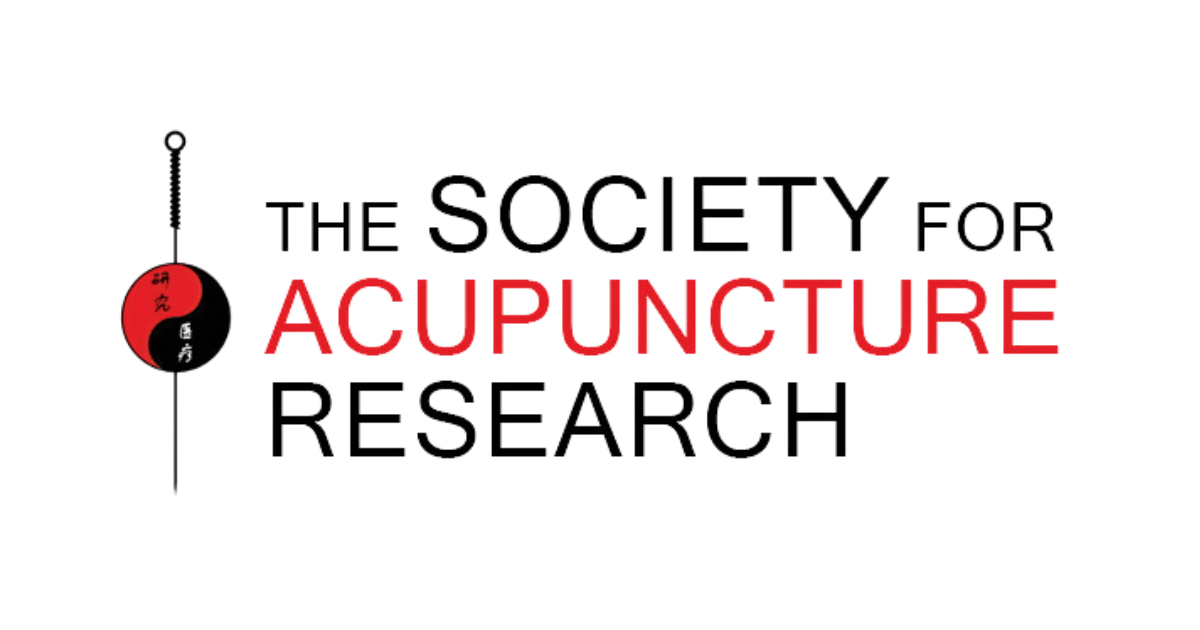2023 ConferencePOSTCONFERENCE WORKSHOPS Sunday, May 21, 2023 (10:15am - 12:15pm)
Workshop #7: Interpreting and Understanding the Importance of Basic Science Research into Acupuncture Mechanistic Effects Presenters: Simone Ormsby, PhD; Stephanie Tjen-A-Looi, PhD; and Shaista Malik, MD, PhD In this workshop, attendees will gain understanding of how basic science research into the potential mechanistic effects of acupuncture is conducted, and why this is important to global acceptance. With increasing emphasis on evidence-based medicine, continued investigation into the multimodal influence of acupuncture is needed to provide additional evidence of potential effects. For instance, preclinical and clinical research suggests acupuncture positively regulates many aberrant physiological systems via the autonomic nervous system. Acupuncture activation of this system through neurostimulation, decreases conditions like elevated blood pressure, atrial fibrillation, and constipation. With further accumulation of high-quality basic science research evidence, acupuncture is more likely to be broadly accepted as a valid adjunct therapy, which could result in increased receipt of research funding, improved support for clinicians and the acupuncture community, and greater patient access via referrals and health care rebates. The workshop will comprise the following: Section one (60 min): 1. An introduction into cellular processes including gene expression and protein synthesis, and how acupuncture influences multiple pathways within the body. 2. An exploration of basic science research techniques used to ascertain the possible mechanisms of action of acupuncture in animal models and human studies. 3. A review of examples of basic science acupuncture research, with an emphasis on how to interpret findings, and what is important to include in research designs. Section two (60 min): 1. Attendees will break into smaller groups and critique examples of basic science research evaluations of acupuncture. 2. A group discussion of the insights provided from critiquing the research examples, as well as an overall discussion regarding future directions basic science research may take will conclude the workshop. In a post COVID world, with increased strain on medical systems due to lingering infection symptomologies, exacerbation of chronic illnesses, and disturbances to mental health, this workshop provides a timely opportunity to emphasise the importance of generating tangible explanation of acupuncture benefits, thereby increasing the likelihood of becoming a fully accepted credible therapy.
Workshop #8: Maahaah-Rooh Medical Qi-Gong and Mental Health: Depression and PTSD Presenters: K.A. Shakoor, DAOM, LAc The purpose of this workshop is to demonstrate, with a hands-on approach, the direct efficiency of qi-gong when dealing with depression and PTSD. In this workshop I will go over different techniques that can be used to facilitate healing with mental health clients as well as techniques that can be used for individual practice. The workshop will include: Introduction: 15 minutes; Description of Maahaah Rooh Medical Qi Gong and Why It Is Effective: 10 minutes; Demonstration of the Four Forms Set #1: 5 minutes; Hands-On Learning: 30 minutes; Q&A: 15 minutes; Demonstration of Heavenly Hands Set #2: 5 minutes; Hands-On Learning: 30 minutes; Q&A: 10 minutes; Review: 10 minutes; Mindfulness and Meditation: 5 minutes
Workshop #9: Team-based Clinical Care Work as a Healthcare System LAc. Cultural Competencies, KSAs, Challenges & Success Stories; Metrics & Data Collection Presenters: Megan Kingsley Gale, MSAOM, Dipl. OM (NCCAOM®), LAc, LMT and Ryan Davenport, DACM, MSAOM, Dipl. OM (NCCAOM®), LAc, MA The team-based clinical care model is popular in U.S. healthcare. However, successful team care is challenging. Team care skills are not commonly taught in graduate healthcare programs. Learning to work as part of a provider team at least part of the time is an essential patient care skill for clinicians in the U.S. healthcare system. It is common for acupuncturists in private practice to work alone. Working as part of a clinical care team is a learned skill set. Working as a member of an interdisciplinary patient care team (LAc + allied health + physicians + nurses et al) within a medium to large healthcare system is an even more complex skill set. This skill set is difficult to learn because examples of successful interdisciplinary team care are challenging to find. LAcs can learn team care skills. This workshop will introduce LAcs to several models of “team-based care” from 2-3 different healthcare systems. And teach basic team care communication skills to improve attendees’ concise communication whether or not they work in a healthcare system. This workshop will highlight best practices, common challenges (to creating and sustaining successful team care models), and effective ways to overcome them. We will discuss the literature on effective teams’ qualities outside and inside healthcare systems. We will provide case examples to elucidate how to apply these suggestions and involve attendees in sharing their experiences. We review the issue of best-fit metrics and data collection in a team care model. Challenges may include organizational culture, reimbursement models, program funding, safety & transparency models (the HRO model), access to team care training, protected team communication time, schedules, personnel, and choice of metrics/data collection. We may use some specific scenarios in this interactive workshop. The overall goal of the workshop is for attendees to take away practical knowledge and application steps to flourish in their respective environments. |
